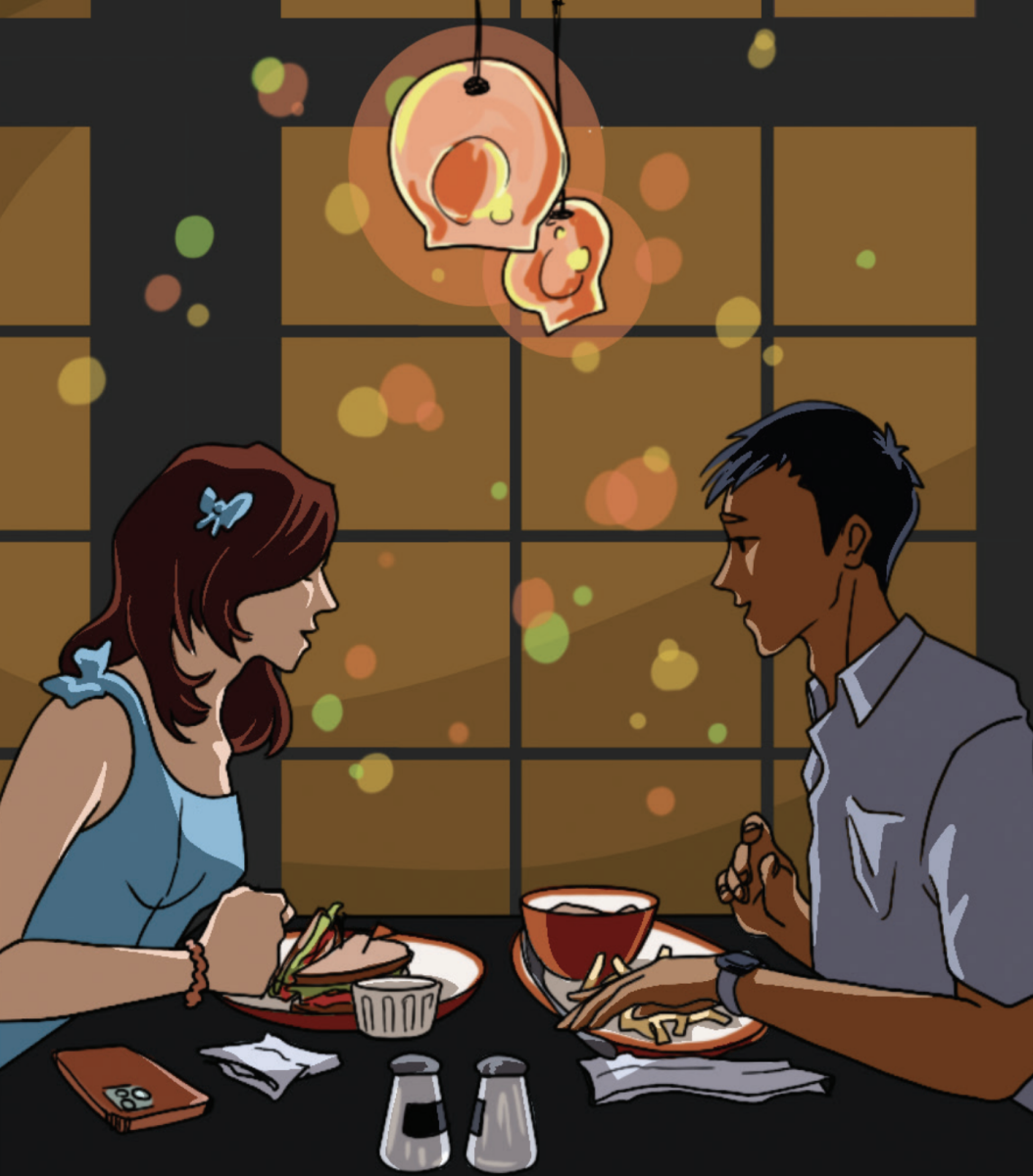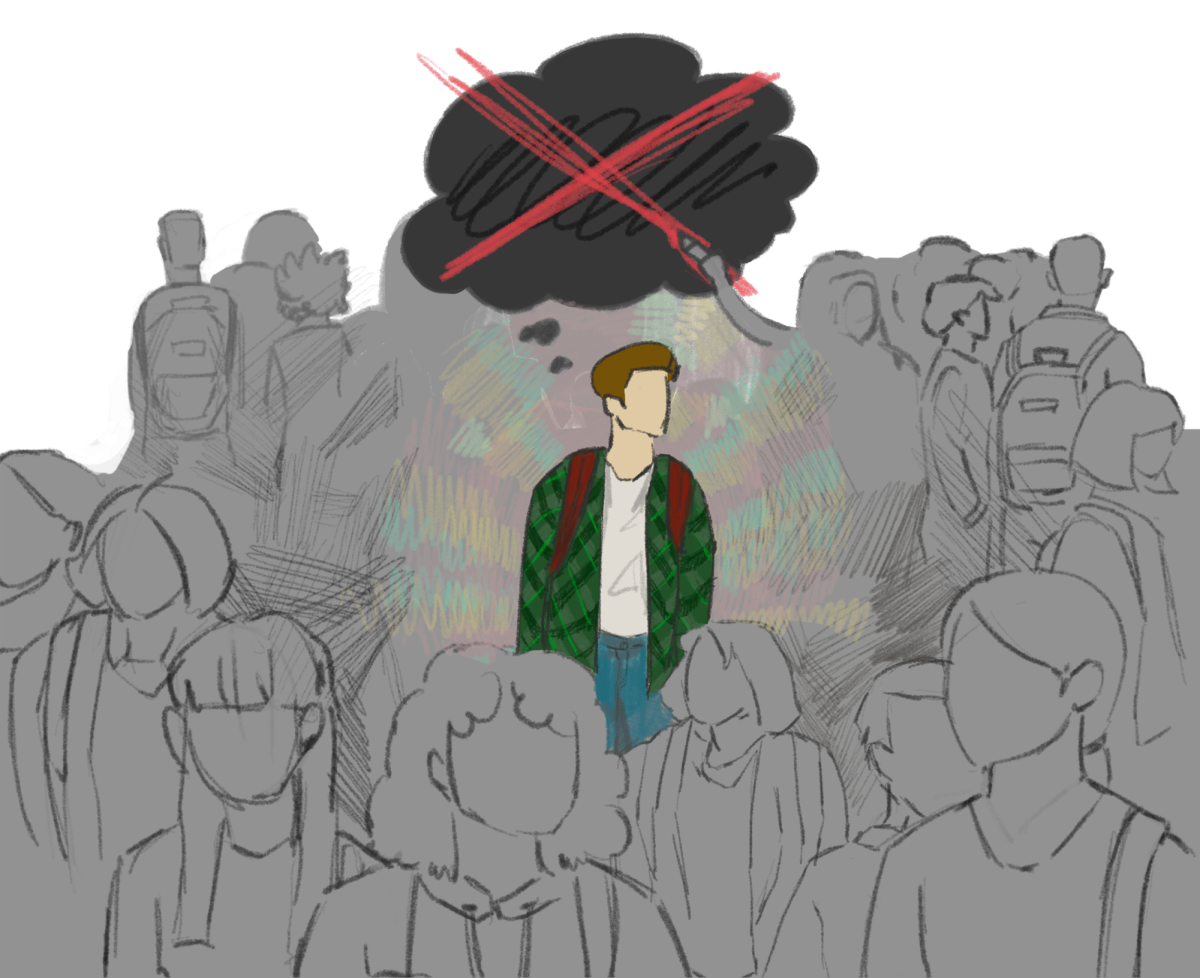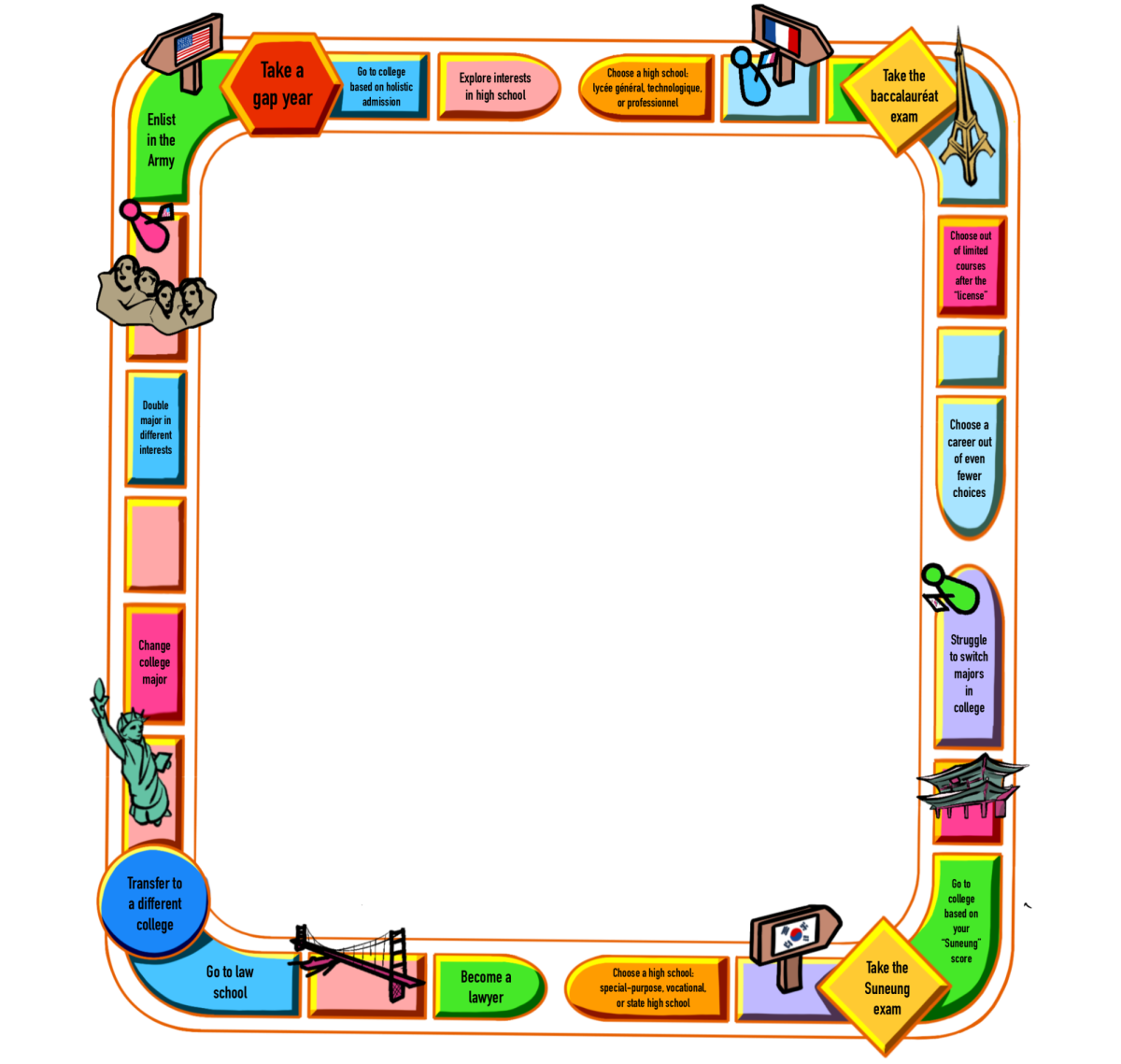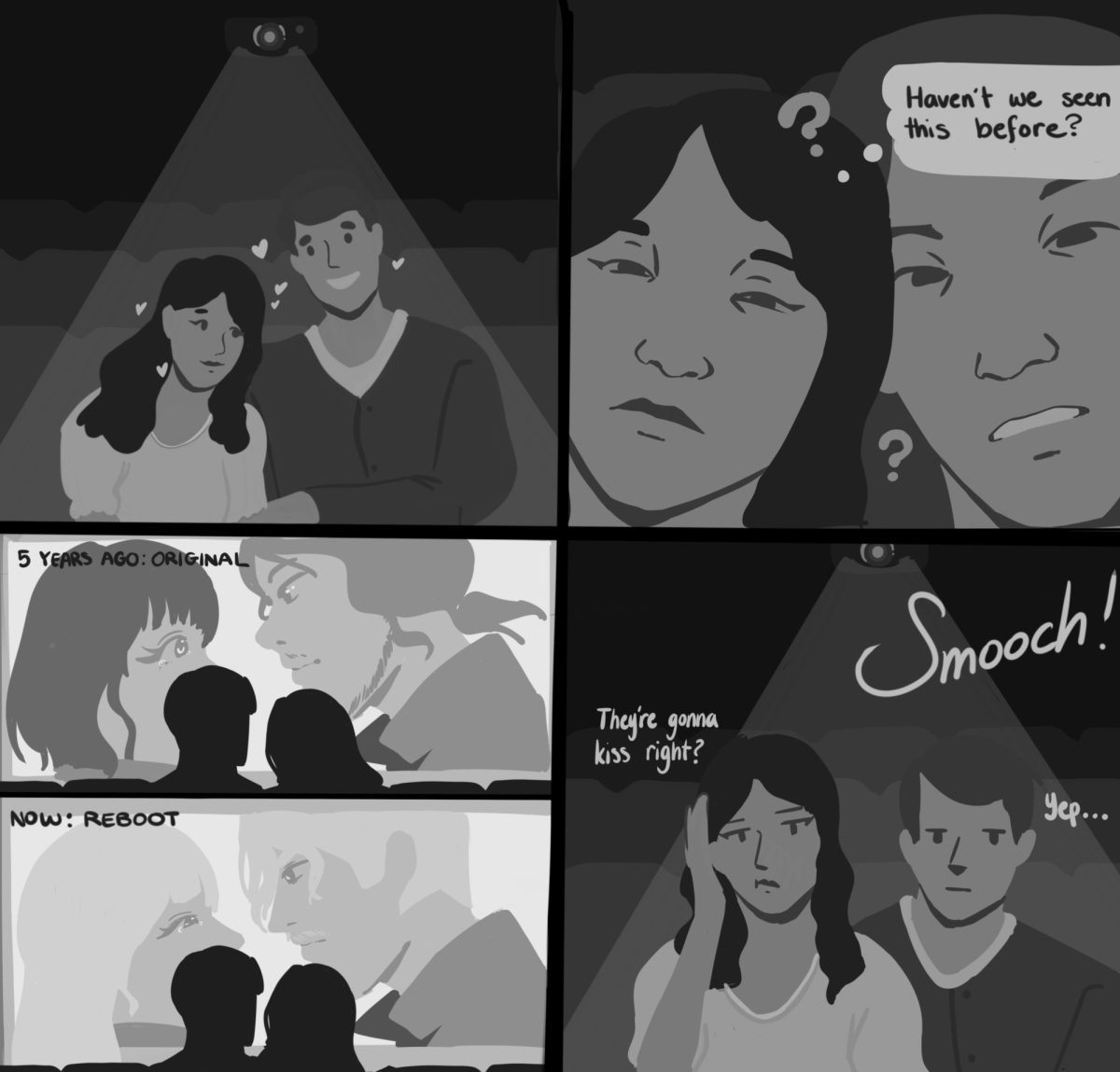Published in the May 22, 2015 issue
The recent zero period decision has sparked outrage in the Gunn community; students have emphasized repeatedly that the decision was made without student input, that there was a lack of data supporting claims against zero period and that reducing students’ choices will not decrease their stress. In short, it was all about student voice. This decision also raised concerns over whether currently available pathways for student input are truly effective.
There are a few opportunities for students to voice their opinions, both officially and unofficially, in administrative and district af- fairs. The first of these pathways is comprised of the two school board representatives—the idea is that the representatives receive input from students at their respective schools and then present it to the administration, thereby expressing the student population’s opinions and ideas. Several administrators and district employees comprise another pathway as they visit classes around Gunn to speak to students and conduct district- wide surveys. Yet despite these various systems, current pathways are not effective enough to include all students in decisions made by the school board and administration.
While these student options have given voice to some, the vast student body remains relatively silenced. The school board representatives do not receive their information from sources that encompass the entire community, but rather from their respective student governments. More often than not, these representatives gather only a handful of opinions as opposed to those of the whole student population. There is no situation in which two people on the board can truly represent the diverse ideas and opinions of over 4000.
On the other hand, some students do feel adequately represented. For example, the students on the Creative Bell Schedule Committee felt that they were easily able to voice their concerns during meetings about the schedule. However, these students still believe that they did not accurately rep- resent the entire student body, partly because only one day for focus groups was held. In addition, student groups less involved in the politics of the school were unable to advocate for their specific needs. In the future, groups like the Creative Bell Schedule Committee should allot more time for focus groups and mass surveys of students. Although representation in these administrative committees has been effective, a more encompassing pathway is critical to take into account the opinions of more students. This pathway could manifest itself into regular schoolwide surveys, more diverse focus groups and open forums around campus.
Moreover, though students are free to attend district and town hall meetings, they remain largely uninvolved in the key decisions that affect them. There are plenty of explanations regarding efficiency and full understanding of district bureaucracy or town politics, but students are understandably interested in the decisions that affect their lives most heavily and cannot be neglected. Furthermore, although the school board did attempt to connect with students on certain recent decisions, an effort must be made to include relevant members of the community earlier in the decision-making process. If this had happened in the zero period decision, perhaps students would not feel as if they were powerless and overwhelmed.
An additional facet to the complex zero period debacle was the lack of information released to the general community until after the fact. Students were not informed that the axing of zero period was on the table until an announcement was made during spring break. Although Superintendent Dr. Max McGee’s efforts—brown bag lunches and visits to classrooms—to hear student voice were admirable, they arrived too late and could not affect the decision already made on zero period. In order to remedy this, in making future decisions the administration and school board should consider student opinion before jumping ahead with new measures.
Although students have advocated for themselves to some extent, they have yet to be heard by the community. Sophomore Class President Chloe Sørensen, for example, has frequently advocated expression of student voice; she has published numerous letters in the “Palo Alto Weekly” and recently presented a survey to the school board detailing student opinion on zero period. However, anonymous comments have often derided her as being too young to know what she is talking about. Following the Apr. 22 school board meeting, the “Palo Alto Weekly”’s headline “Students slam the school board on zero period” implied that the students are the antagonists in the zero period situation; this is only one example of the negative reaction to student objection.
Other students, such as Palo Alto Student Union (PASU) leader Nina Shirole, have found other ways to advocate for themselves. PASU was founded in order to elevate student voice in the community. Despite a poster campaign support- ing student voice, Shirole and co-founder Ben Lee have yet to have a conversation with any of the school board or district officials to help ensure that student voice is heard. Likewise, the Tumblr blog “My Voice Matters” has emerged as a result of the perceived lack of voice. “My Voice Matters” is filled with shots of students across campus with its slogan written on a hand covering their mouth. Although this blog does help to publicize student voice, it has not yet impacted district officials on the issue of student expression.
There is a multitude of ways to solve this issue of lack of and distrust in student input. Gunn needs more student repre- sentatives on boards and committees throughout the district, and students need to be able to advocate for themselves in a stronger way. However, even with self-created pathways such as student surveys, petitions and others, there is still a chance that we will be dismissed and regarded as unimportant or immature. Therefore, better systems should be put in place by the administration to allow students to be taken more seriously, such as regularly scheduled opportunities for students to present their own opinions and ideas.
An unofficial motto of our school over the last few years has been “We’re all in this together.” It is true that the students seem more united than ever. However as of now, we are not all in this together; in order to create a cohesive, functional school environment, that “we” must include the administration and the school board as well as the staff and students.











